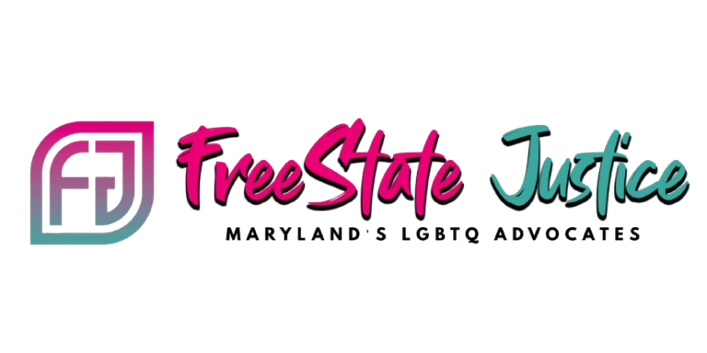Mission
HIV Pathway to Progress is an impactful event dedicated to raising awareness about HIV and promoting the mission of
FreeState Justice (FSJ), an organization committed to the decriminalization of HIV in Maryland. This event serves as a platform for advocacy, education, and community engagement, bringing together diverse voices from the public health, legal, and LGBTQ+ communities to address the stigma and legal challenges surrounding HIV.
Objective
The objective of
HIV Pathway to Progress is to drive awareness and advocacy around the decriminalization of HIV in Maryland, particularly focusing on the harmful impact of
MD Health-Gen Code § 18-601.1. This law criminalizes HIV transmission and creates stigma, which hinders public health efforts and disproportionately affects marginalized communities.
Recipients of the Carlton Smith Leadership and Advocacy Award
Honoring Melanie Reese
Melanie Reese is the Executive Director of Older Women Embracing Life (OWEL) which seeks to relate a community of women who are living full, productive and happy lives despite the challenge of HIV/AIDS. With passion, purpose and spirit-led joy, she participates in the design and implementation of projects, programs that revitalize the physical, emotional, spiritual and mental health of the women in the communities where OWEL provides services. Melanie was recently appointed to the Board of International Community of Women Living With HIV/AIDS of North America (ICWNA) representing Older Women Living with HIV/AIDS.. She is an active member of MDH HPG, BCHD HPG and Commission, the U=U Coalition, BCHD EHE Work Group, The Johns Hopkins Institute of Clinical and Translational Research Community Research Advisory Council, and The Maryland Coalition on HIV Aging and Long Term Care.
Honoring Robert Suttle
Robert Suttle, M.S., is a consultant to advocacy organizations and a thought leader confronting critical issues such as HIV criminalization, stigma, and discrimination, with a focus on equity and social justice. Robert chairs The Elizabeth Taylor AIDS Foundation Council of Justice Leaders and is a Global Advisory Panel (GAP) member of the HIV Justice Network. He is also a co-founder of The Sero Project. Additionally, Robert authored the foreword for Alexander McClelland's book, "Criminalized Lives: HIV and Legal Violence."
Honoring Harold J. Philips
Holding a master’s degree in urban and regional planning, Mr. Phillips played a pivotal role in the U.S. government's response to HIV/AIDS, COVID-19, MPOX, viral hepatitis and sexually transmitted infections. Between June 2021 and January 2024, he led the White House Office of National AIDS Policy (ONAP) as its director, steering the Biden Administration's approach to domestic HIV/AIDS issues. His responsibilities encompassed developing and overseeing the National HIV/AIDS Strategy (NHAS), liaising with various governmental bodies such as the Office of Management and Budget, the Domestic Policy Council, the National Security Council, and the Office of the Global AIDS Coordinator. His efforts were centered on enhancing America's strategy against the HIV epidemic, focusing on reducing new transmissions, improving the lives of those with HIV, and striving towards ending the epidemic.
Who Was Carlton Smith?
This year, we are honored to present these trailblazers fighting for Decriminalization with the Carlton Smith Leadership and Advocacy Award.
Carlton R. Smith was a Black LGBTQ+/same-gender-loving HIV/AIDS activist who lived in Baltimore for many years, and was a longtime HIV survivor himself.
He is known for his role in advocating/mobilizing on behalf of LGBTQ+ and HIV-affected communities (especially Black men who have sex with men) within the State of Maryland for decades. Our fight for Decriminalization wouldn't be where it is today without his decades of work, so we are excited to be presenting this award in his name.
Key Objectives Include
EDUCATE
Educate the public on the current legal landscape and how HIV criminalization laws harm individuals and communities.
ADVOCATE
Advocate for legislative reform that aligns with modern scientific understanding of HIV and removes barriers to health equity.
EMPOWER
Empower affected communities through public health outreach, policy discussions, and community engagement.
SUPPORT
Support FreeState Justice’s broader mission of achieving legal equality for LGBTQ+ individuals and those living with HIV in Maryland.
The event aims to foster a better understanding that HIV is a public health issue, not a criminal one, and to generate support for decriminalizing HIV to promote justice and health equity for all.
What Are They?: HIV criminalization laws penalize individuals living with HIV for not disclosing their status in specific situations, such as before engaging in sexual activity or sharing needles. These laws were largely introduced in the 1980s and 1990s when there was less understanding of HIV transmission and treatment.
Inconsistencies: These laws vary widely across the U.S., creating a patchwork of policies where people living with HIV may face different consequences depending on where they live. Some states have even criminalized activities that pose little to no risk of HIV transmission, like spitting or biting, even though HIV cannot be transmitted through saliva.

HIV Stigma: Criminalizing HIV exposure exacerbates the stigma that people living with HIV already face. This stigma can deter individuals from getting tested, seeking treatment, or disclosing their status due to fear of legal repercussions.
Disproportionate Impact on Marginalized Communities: HIV criminalization laws disproportionately impact marginalized groups, such as people of color, LGBTQ individuals, and people in poverty. These communities already face higher rates of HIV and are more likely to be subject to policing and the criminal justice system.

Discouraging Testing: Criminalizing HIV exposure may discourage individuals from getting tested. If people do not know their HIV status, they cannot take steps to protect their health and the health of others. This fear of legal consequences undermines public health initiatives that promote widespread testing and early treatment.
Compromising Prevention Efforts: When people fear legal penalties, they are less likely to disclose their status, even in situations where it could help prevent transmission. Criminalizing non-disclosure does not encourage safer behaviors—it drives HIV into the shadows, making prevention efforts more difficult.

Push for Reform: Many advocates, including medical professionals and HIV organizations, are pushing to reform or repeal HIV criminalization laws. They argue that these laws are outdated and should reflect current scientific knowledge and the realities of living with HIV today.
Focus on Intent and Harm: Legal reform efforts seek to ensure that laws focus on intentional, malicious attempts to harm others, rather than punishing individuals who are responsibly managing their condition. Advocates argue for laws that take into account whether someone is on treatment, has an undetectable viral load, or is using protection like condoms or PrEP.

Discriminatory Nature of HIV Laws: Criminalizing people based on their health status is discriminatory. HIV is a manageable chronic condition, and people living with it can lead full, healthy lives without posing any significant risk to others when proper precautions are taken.
Equal Treatment: HIV should not be treated differently from other communicable diseases that can be managed or prevented. Criminalizing HIV perpetuates the idea that people living with HIV are inherently dangerous, which is not the case.
DONATE
Your commitment to FreeState Justice's mission helps us provide life-saving resources to people throughout Maryland!
FreeState Justice is a 501(c)3 organization. Contributions to the organization are tax deductible to the fullest extent of the law.
FreeState Justice is a grantee of the Maryland Legal Services Corporation and a member of the Equality Federation.
© 2023 All Rights Reserved | FreeState Justice | This site is powered by Neon One



